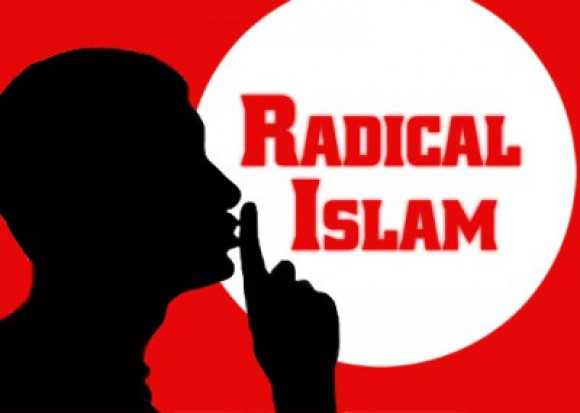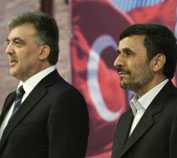NEW YORK, Sept. 27 (UPI) — U.S. officials hope a $200 million fund will be effective in stemming extremism by eroding jihadists’ ideological and recruiting appeal in havens for terrorists.
 The U.S. State Department said diplomats from the United States and Turkey Friday plan to announce a $200 million fund to help prevent the radicalization process used by terrorists, The New York Times reported.
The U.S. State Department said diplomats from the United States and Turkey Friday plan to announce a $200 million fund to help prevent the radicalization process used by terrorists, The New York Times reported.
The new Global Fund for Community Engagement and Resilience will, for the first time, combine financing from government and non-government entities to identify credible local organizations; develop, monitor and evaluate programs; and channel funds to local projects that target groups and individuals vulnerable to appeals from terrorist groups, officials said. The fund is expected to be operational by the middle of 2014.
The initiative is to be announced by U.S. Secretary of State John Kerry and Turkish Foreign Minister Ahmet Davutoglu during a meeting of foreign ministers of the Global Counterterrorism Forum in New York. The United States and Turkey lead the organization of 29 countries and the European Union that acts as a clearinghouse of ideas and actions for civilian counter-terrorism specialists.
“Countries that have a radicalization problem previously had to rely on ad hoc support from wealthier donor nations, many of which are not bureaucratically capable of sponsoring the small intervention programs necessary to disrupt the radicalization process,” William McCants, a former State Department counter-terrorism official now with the Brookings Institution, told the Times. “Now countries can turn to the global fund to sponsor programs that will pull young men and women back from the edge of terrorist violence.”
The United States is expected to contribute between $2 million and $3 million initially to the fund, which will be administered in Geneva, Switzerland. Besides Turkey, other likely donors include the European Union, Canada, Qatar, Denmark, Britain and private sources.
U.S. officials said the fund is expected to raise more than $200 million over a 10-year period.
Fund grants would provide vocational training to youths at risk of being recruited by terrorist organizations, U.S. officials said. Funds also would be channeled to new school curricula that teach tolerance and problem-solving, along with underwriting websites and social networks that would educate youth about the dangers of violent extremist ideologies.
Topics: John Kerry, Ahmet Davutoglu, Brookings Institution
via Global anti-terrorism fund grants would battle radicalization process – UPI.com.

